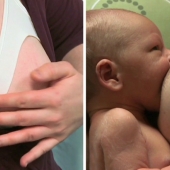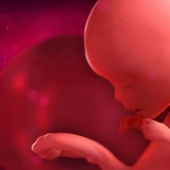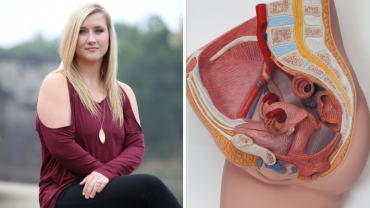Colic is a common condition affecting 1 in 5 babies and is defined as bouts of irritability and fussing or crying that starts and stops without obvious cause.
Crying episodes last:
• At least three times a week.
• For at least a week.
• Both bottle and breastfed babies can be affected by colic.
Colic first appears in early infancy and normally stops at around four months. The causes of colic are not fully understood.
Suspected causes:
• Swallowing air during feeding.
• The developing digestive system.
• Ingredients in milk.
• The symptoms of colic can appear soon after feeding.
• Typically experienced late afternoon or evening.
Symptoms:
• Intense crying for several hours.
• Clenched fists.
• Flushed face.
• Arched back.
• Knees drawn up to the tummy.
• Bouts of irritability and fussing or crying.
If you notice other symptoms such as regurgitation or constipation this may indicate a different feeding issue. If your baby shows any of these symptoms speak to your health visitor, GP your pharmacist.
Techniques:
• Gentle rocking.
• Gently rubbing back or stomach.
• Playing white noise.
• A warm bath. Then wrapping baby in a warm blanket.
• Massage may also help.
• Movement can be calming try a walk in the buggy.
If breastfeeding avoid caffeine and spicy foods as this may trigger colic. If bottle feeding check position during feeding to avoid baby gulping air and ensure tips flow is not too fast. You could also consider using specialist bottles and teats wind baby after feeding. Caring for a baby with colic can feel stressful.
Take time out at regular intervals. A change of scenery or short walk may help. Get support from your partner friends or family. Colic has no long-term effect on baby's health and should pass as baby gets older.
- 3794 views













